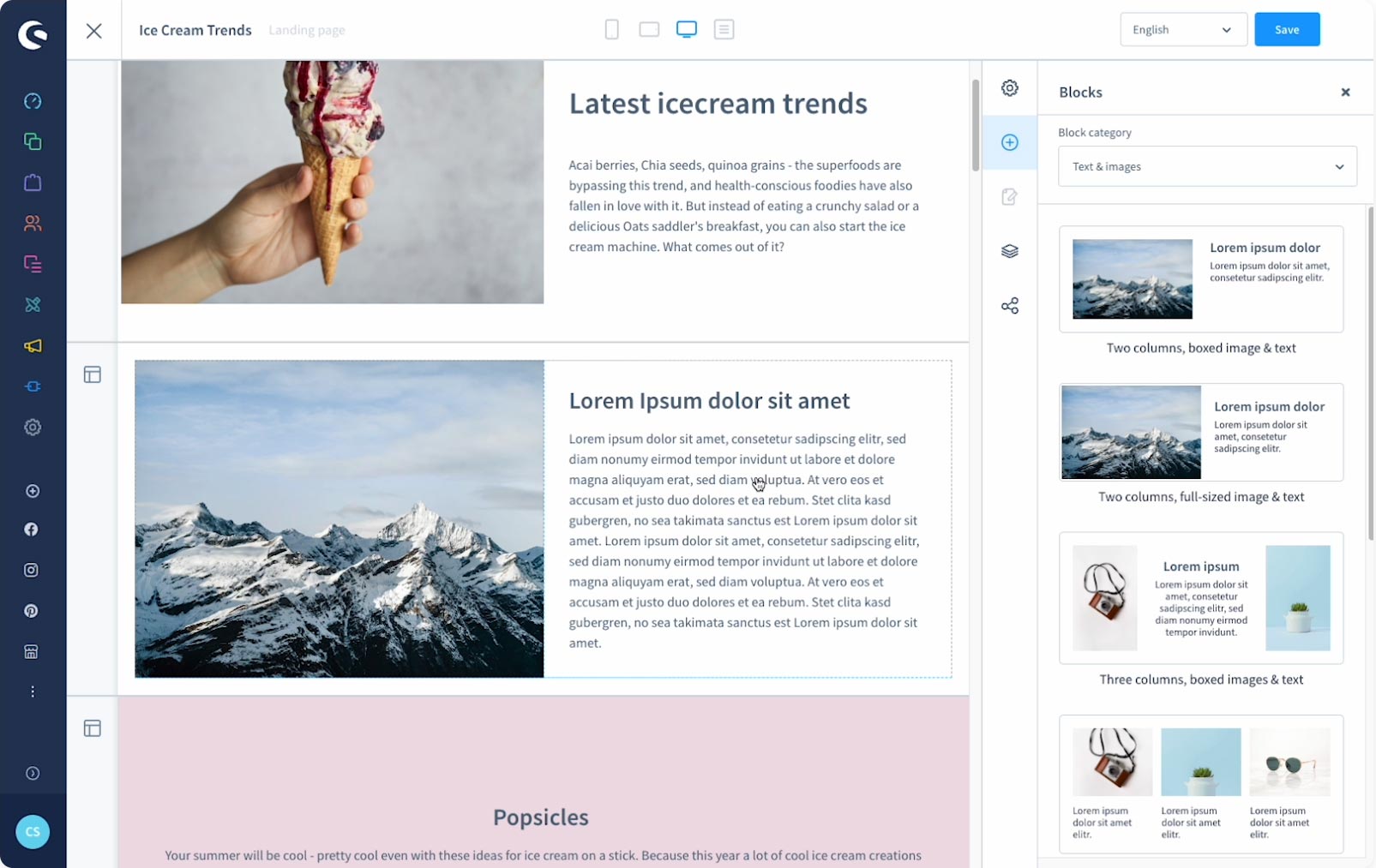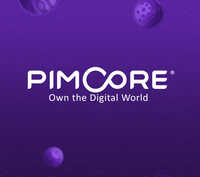At TORQ, we’ve been implementing, extending, and integrating with ecommerce solutions for almost a decade. It has been an exciting time to be in IT and tech systems development, experiencing the innovation evolution. If you’ve been involved in ecommerce, you’ve likely come across the legacy platform Magento. While Magento has held a prominent place in the industry for years as an integral platform for online selling, we’re excited to about the rise in demand for Shopware in the North American market. If you aren’t familiar with this platform, this blog will bring you up to speed.
Shopware is a powerful solution for ecommerce managers—ideal for mid-market merchants because it offers the best of enterprise capabilities (including some very advanced AI functionality), combined with ease of use, simplicity, and affordability. As a systems integration (SI) expert, we work with several ecommerce, CRM, data management, and product information management systems. When we come across a solution that is uniquely different and ideal for our customers we get excited and advocate (Pimcore and iPaaS are among our top preferred platforms for data management and connectivity). For this reason, we felt compelled to put out a video that compares the features of Magento and Shopware, highlighting some of the key differences (from our SI perspective):
Promotion Rule Management: Power vs. Simplicity
Magento has a long history of providing robust promotion options for ecommerce managers. For example, you can quickly set up new cart price rules with default parameters to control promotions. While this works well, Shopware takes it a step further with Rule Builder, a powerful tool that offers far more flexibility and personalization.
Shopware’s Rule Builder allows you to create sophisticated rules with more conditions than Magento. You can apply rules based on date ranges, customer segments, tax settings, and even behavioral factors like the number of approved reviews a customer has. The extensive options available make it easier to fine-tune promotions and customer experiences, making Shopware a dream for ecommerce managers who want to push boundaries without needing extensive coding knowledge.
CMS Experience: Usability is Our Friend
On the surface, both platforms offer a similar user experience for customers. However, it’s when you dive deeper into the back end that the real differences emerge, making Shopware stand out as a more modern and user-friendly platform. Magento’s Content Management System (CMS) is undoubtedly powerful. With the right know-how, you can build rows, columns, and widgets to create any layout you can imagine. However, for those who are new to the platform or e-commerce in general, Magento’s CMS can be overwhelming. It requires a deeper understanding of how different elements work together, and it’s not always clear what your front-end experience will look like while building the page.
In contrast, Shopware offers a more intuitive “What You See Is What You Get” (WYSIWYG) experience. With drag-and-drop functionality and pre-built widgets, you don’t need to have a deep understanding of HTML or CSS to create visually appealing layouts. This makes it much easier to train new team members and get up and running quickly, which is a huge plus for fast-paced ecommerce teams. It also offers powerful AI commerce tools to make it easy to build, create, and manage your product pages and online shopping experience.

The Shopware Secret Weapon: Rule-Based Content Segmentation
One of Shopware’s standout features is its ability to tie rules created in Rule Builder directly to content. For example, you can use rules to control the visibility of specific banners or content blocks based on customer segments. In our demo, we created a banner for top contributors, which appeared only when customers who met the criteria logged in. This ability to seamlessly link promotions and content makes Shopware incredibly powerful for personalized marketing efforts.
Magento offers similar functionality, but the process is more cumbersome and often requires advanced configuration or custom development to achieve the same result. In contrast, Shopware makes content personalization straightforward and accessible for ecommerce managers, no matter their technical expertise.
Final Thoughts & Key Considerations
Magento has long been a leader in the ecommerce space, offering robust tools for large-scale enterprises. However, Shopware brings a fresh approach with its modern architecture, intuitive interface, cutting edge AI and 3D spacial innovation, and powerful features like Rule Builder and WYSIWYG content management. For ecommerce managers looking for a platform that combines ease of use with advanced capabilities, Shopware is a compelling option that reduces the need for expensive and time-consuming customization that will delay your go-to-market site launch.
If you’re in the process of evaluating ecommerce platforms, we recommend giving Shopware a serious look. Whether you’re just starting out or looking to scale and level-up your ecommerce operation, it offers the tools to create personalized, dynamic shopping experiences without the heavy lift often required by Magento.
Contact Us today for a free discovery session and expert advice on the best system architecture solutions for your business.




























